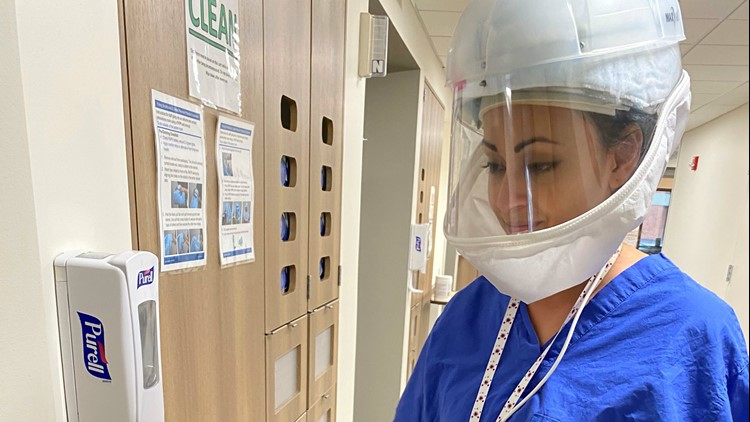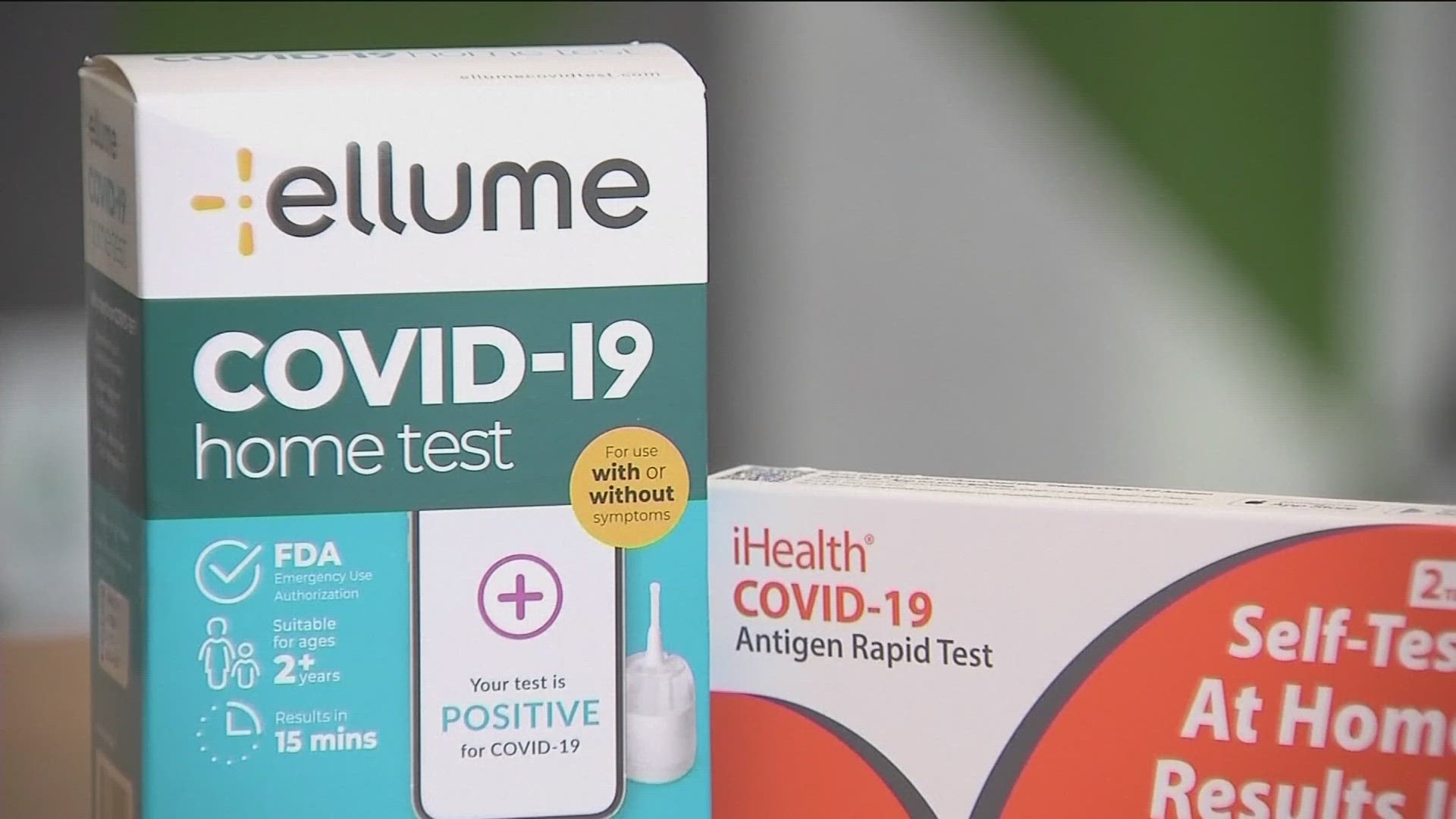BOISE, Idaho — Stephanie Hammock spent three years working with patients in urgent care and a clinic, but for the past two she’s worked from home as a utilization review nurse — she reviews information to make sure inpatient stays and testing are medically necessary. It’s a good job — 9 to 5, Monday through Friday — but she’s planning on risking that relative safety and taking work in a hospital in the midst of the novel coronavirus outbreak.
She’s not alone in considering the idea — in Idaho and across the country, the COVID-19 crisis has prompted a response from nurses and health care workers who are retired or whose licenses have been inactive. In New York, for instance — the core of the outbreak in the United States — more than 52,000 health care workers signed up to return to work by March 26, after officials there asked for help.
The Idaho Board of Nursing’s website, as of Thursday, had processed 388 temporary licenses for nurses to return to the field to help the state battle the virus, according to its website.
Russ Barron, the board’s executive director, said that doesn’t mean all of them are currently working — just that they’ve been licensed.
Currently, the need for more health care workers in Idaho to respond to the outbreak isn’t dire, Barron said. He hasn’t heard hospitals in Idaho are in serious need of more staff members. According to the state’s website dedicated to providing data about the virus, Idaho has seen 56 hospitalizations due to COVID-19. The state has logged seven admissions to intensive care units.
The hospital Hammock would likely take shifts at is in Burns, Oregon. Her prior nursing instructor told her the hospital there needed more staff members. She’s sent her resume and license information to the Oregon Board of Nursing, and is waiting to hear back, she said.
“I wouldn’t want to leave my current company, but I’d definitely be willing to help out per diem part-time,” she said.
She’s also been checking the websites for Saint Alphonsus and St. Luke’s health systems, to see if they have a need for more workers. While the need doesn’t appear to be there yet, it’s possible, and she’d be willing to stay in Boise if the area does need more health care workers.
Of Idaho’s 891 confirmed cases of COVID-19, 46 are health care workers, the state’s site showed on Thursday.
“I mean I think everybody is worried about it,” Hammock said when asked if she was worried about exposure to the virus if she returned to hospital work. “As a nurse you get training in how to use the proper equipment, and as you see in neighboring states the equipment is dwindling quickly, so that’s kind of nerve-wracking. But as far as putting myself out there I guess what strikes me is that I feel like as a nurse I signed up to help patients.”
Barron said the board removed administrative and bureaucratic barriers for health care workers who want to return to the field, in the wake of Gov. Brad Little declaring a state of emergency on March 13. For example, the board has made it easier for nursing students who meet certain requirements to apprentice in hospitals performing certain duties, according to the board’s website. Nurses who have an inactive license can also temporarily reactivate it for free. Barron said the board has been reexamining its records and reaching out to nurses who have inactive licenses.
“What we’re trying to do is just get the pipeline (filled) up as much as possible, which is what the governor requested of us,” Barron said.
He also said the state is still doing research to ensure those receiving the licenses are qualified.
The response has been positive so far, he said.
“So I wasn’t sure how many we would get, but as soon as the governor’s first press conference … I mean, I received an email from someone that day … saying ‘Hey sign me up,’” Barron said. “That’s the way nurses are. They want to get in there and help. They want to do whatever they can.”
Hammock echoed that sentiment.
“Even though now is a risky time, I feel like our nurses need help,” she said. “And if I’m able to help, I’m kind of called to do that.”
If you enjoy reading articles like this one from our partners at the Idaho Press, please consider subscribing to them for newspaper delivery or digital access to help ensure stories like this are told.
More from our partners at The Idaho Press: Shining a light: Mutual Aid Group founders share drive to help
Facts not fear: More on coronavirus
See our latest updates in our YouTube playlist:
At KTVB, we’re focusing our news coverage on the facts and not the fear around the virus. To see our full coverage, visit our coronavirus section, here: www.ktvb.com/coronavirus



